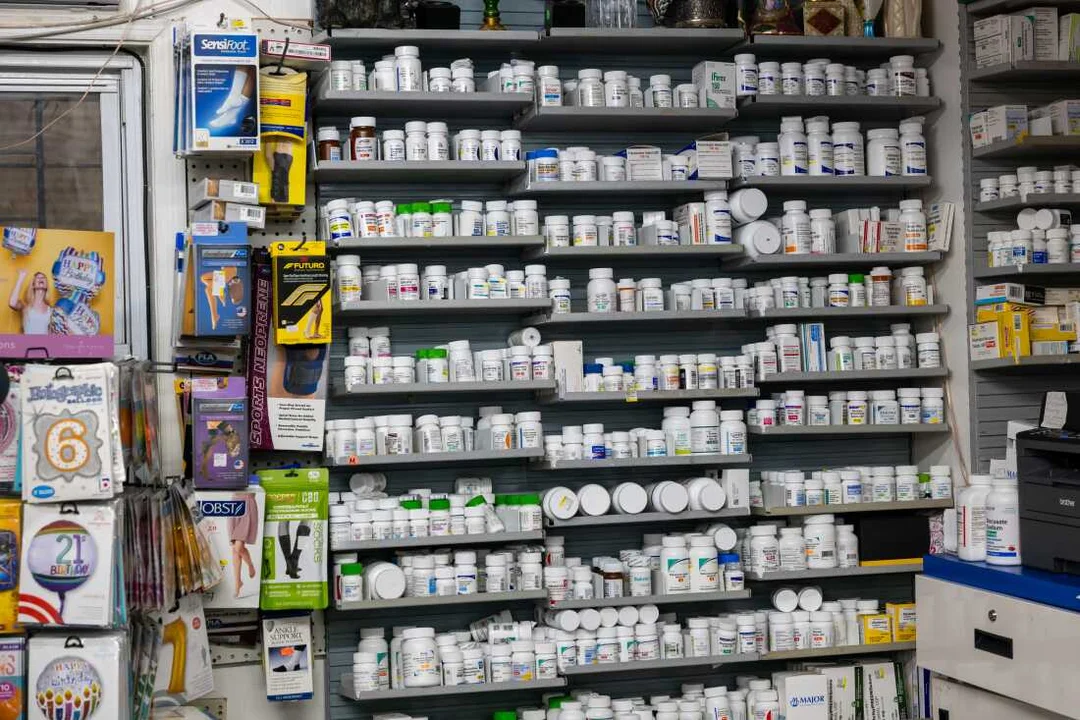
Could Trump’s New Executive Order Change the Face of Drug Pricing in America?
In an unexpected turn of events, former President Donald Trump has signed a sweeping executive order aimed at revamping Medicare drug pricing, a move that could have profound implications for millions of Americans. This directive, issued in April 2025, seeks to address spiraling drug costs and responds to ongoing pressure from pharmaceutical companies and lobbyists who have been advocating for changes in the negotiations surrounding drug prices.
The crux of Trump's initiative lies in its focus on the timeline for when medications become eligible for price negotiations under Medicare. Particularly, there is a push from drug manufacturers to postpone the eligibility for small molecule drugs — predominantly pills — from nine years to thirteen years, aligning them with the current timeline for more complex biotech drugs.

As President Biden’s Inflation Reduction Act, implemented just months prior, allowed Medicare to negotiate prices for a select group of drugs, Trump's order seems to be a direct challenge to those reforms. The potential ramifications for patients, particularly those aged 65 and older who depend on Medicare, are serious; experts fear that changes to the negotiation process could lead to increased costs for the program and its beneficiaries, possibly amounting to billions of dollars in added spending.
While the executive order does include some provisions that might ease out-of-pocket expenses for certain treatments like chemotherapy and insulin, analysts note that these measures may not result in significant savings overall. For instance, lowering co-payments could benefit specific groups, but critics argue that no major reforms will bring about lasting change in drug pricing.
The order also instructs the Food and Drug Administration (FDA) to facilitate state-level drug importation from Canada, a tactic Trump had previously championed during his administration. So far, only Florida has received FDA authorization for such a program, although many states have expressed interest. However, skepticism remains about how impactful this could be, given the complexities of import tariffs that could negate potential savings.
Moreover, Trump's direction to align Medicare payments for drugs with hospital costs and streamline processes for generic drug approvals aims to standardize pricing and approval, yet these initiatives also face resistance from pharmaceutical companies concerned about their profit margins.
"This executive order is the most substantial move in the ongoing saga of U.S. drug pricing since Trump’s first presidency," said health policy expert Dr. Mary Jefferson. "While parts of it could lead to some savings, the changes to Medicare negotiations could ultimately leave patients vulnerable to higher costs."
As this contentious issue unfolds, the true impact of Trump's executive order remains to be seen. Will it lead to lower drug prices, or merely shift the financial burden of pharmaceutical care? These questions linger as stakeholders, including members of Congress and healthcare advocates, prepare for the ensuing discussions.
What are your thoughts on Trump's latest efforts to reform drug prices? Join the conversation in the comments below!